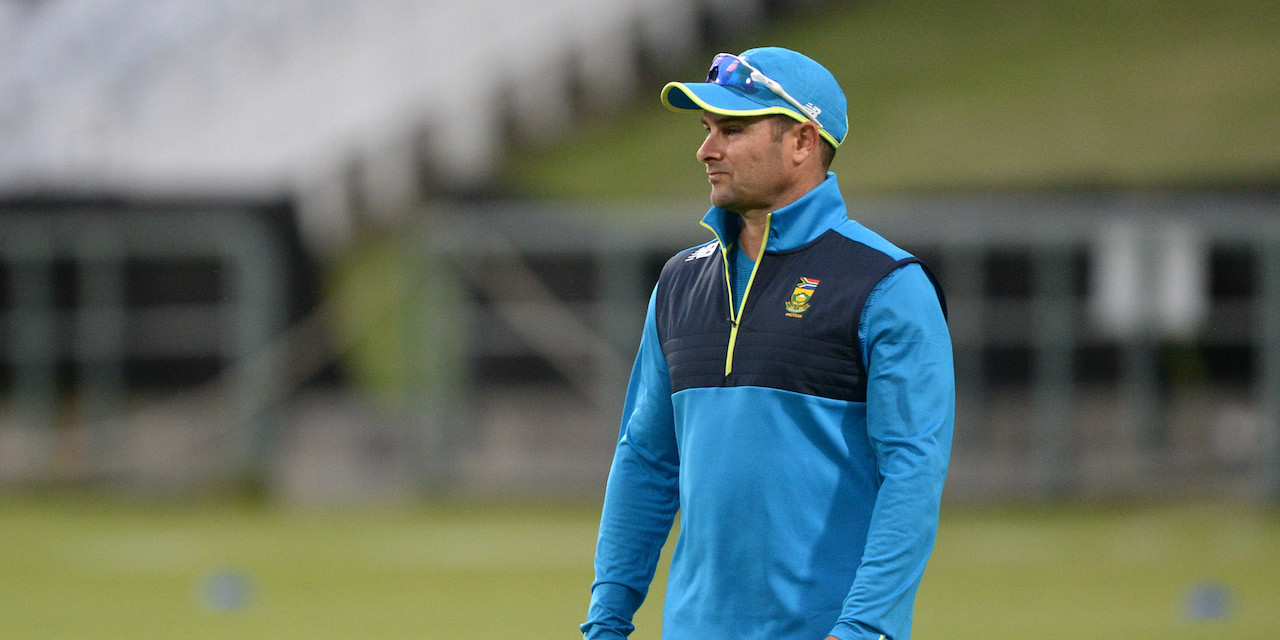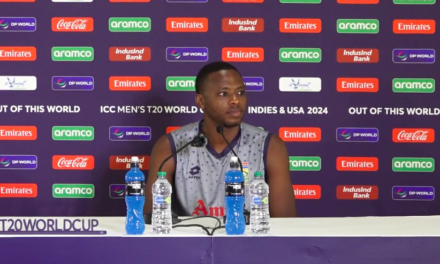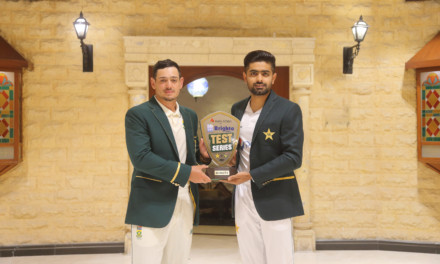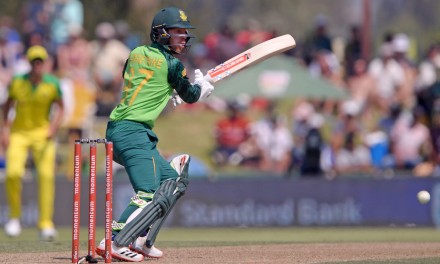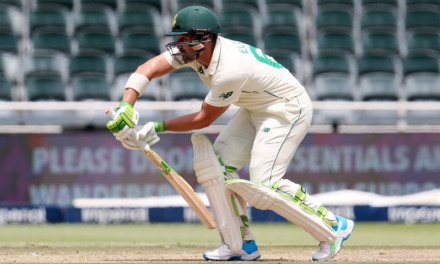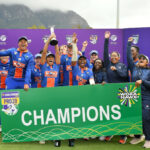Cricket South Africa (CSA) has concluded that there is no basis to sustain any of the disciplinary charges, including charges of racism, against Mark Boucher, the coach of the Proteas Men’s cricket team. The Board of CSA has therefore formally and unreservedly withdrawn all of the charges.
ALSO READ: BOUCHER’S RESPONSE TO CSA DROPPING RACISM ALLEGATIONS
In December 2021, the CSA Board received the report from the independent Social Justice & Nation-Building (SJN) Ombudsman, Adv Dumisa Ntsebeza SC. That report made adverse “tentative findings” regarding Mr Boucher but because the Ombudsman stated that he was not in a position to make “definite findings”, he recommended that further formal processes take place to achieve finality on these issues.
In line with their fiduciary and legal obligations, the CSA Board resolved to institute formal proceedings as per the SJN Report’s recommendations, which would give all parties, including Mr Boucher, a chance to respond to the allegations and fully state their case. CSA was advised by external lawyers that the appropriate formal process to follow in respect of Mr Boucher was a formal disciplinary hearing in front of an independent Chairperson.
The charge sheet against Mr Boucher ultimately included the tentative finding made by the SJN Ombudsman against Mr Boucher, as well as issues arising from CSA’s own internal enquiry following the resignation of the Proteas assistant coach, Mr Enoch Nkwe. Advocate Terry Motau SC, a well-respected senior counsel, was appointed as the Chairperson of the disciplinary enquiry. After consultation with Mr Boucher’s legal team and considering the Proteas schedule, Adv Motau SC determined that the disciplinary hearing would commence on 16 May 2022.
The CSA Board has now taken the decision to formally withdraw all of the disciplinary charges against Mr Boucher. This includes the charges arising from the SJN report and the charges arising from the investigation following Mr Nkwe’s resignation. CSA has made this decision taking into account the following considerations:
Mr Adams recently announced that he had withdrawn from testifying against Mr Boucher during the disciplinary hearing. In doing so, Mr Adams stated that his concerns articulated during the SJN process were about the overall “culture” in the Proteas team during the early 2000s, rather than being about any particular player.
During the SJN process, Mr Boucher formally apologised to Mr Adams. After the SJN process, Mr Adams indicated to CSA’s lawyers that he accepts this apology.
Mr Nkwe decided that he too did not wish to testify against Mr Boucher during the disciplinary hearing. In doing so, Mr Nkwe stated publicly that he did not intend to take sides regarding Mr Boucher and that “whatever happens in that process, I hope the outcome will be the one that’s best for the game”.
CSA’s lawyers engaged with various other potential witnesses over the last month and concluded that none of the three charges was sustainable.
The very recent ruling by Advocates Hamilton Maenetje SC and Michael Bishop in the Graeme Smith arbitration fortified the conclusion that the charges against Mr Boucher would be dismissed.
Having taken all of the above into account, as well as the advice of its external lawyers, CSA concluded that there was no basis to sustain any of the charges against Mr Boucher. CSA has therefore withdrawn the charges and will contribute towards his legal costs.
Lawson Naidoo, Chair of the CSA Board, commented: “CSA has at all times been committed to dealing with the SJN issues in a manner that treats them with utmost seriousness but also ensures fairness, due process and finality.
‘The decision to withdraw the charges brings about finality on these issues for CSA and Mark and allows the focus to return to the cricket field – where we trust that Mark and the Proteas will go from strength to strength.”
Naidoo added: “The SJN process was never only or even mainly about the conduct of individuals. More fundamentally, it was about providing a platform for persons involved in cricket to share their personal experiences of racial and gender discrimination and to allow for careful consideration of the systemic measures necessary to redress these issues going forward for the future.
‘The SJN process has certainly achieved that and the Board is confident that the current team enjoys a culture of mutual respect and inclusivity. The Board will in the near future announce further systemic initiatives in this regard. The systemic learnings from the SJN process will provide valuable input into the values, behaviours, culture and strategy of Cricket in SA going forward and we thank all participants for their contributions in this regard.”
Pholetsi Moseki, the CEO of CSA commented: “CSA appreciates that it has been very difficult for Mark to deal with these charges hanging over his head over the last few months. CSA regrets this. CSA is also appreciative of the fact that Mark has at all times conducted himself properly and professionally – refusing to be drawn into public debates about the charges and carrying out his duties with commitment and dedication. The performance of the Proteas Men’s team over this period has been extremely impressive, particularly in the Test arena, and this speaks to the efforts of Mark, his support staff and the players.”
CSA and Mr Boucher have discussed the way forward and committed themselves to an open dialogue and engagement in order to promote the best interests of South African cricket so as to achieve CSA’s strategic goals of access, inclusivity and excellence.
Mr Moseki added: “We reiterate that Mark Boucher, Paul Adams and Enoch Nkwe all remain valued members of the CSA coaching fraternity.”

